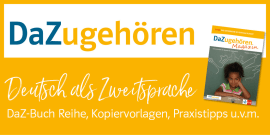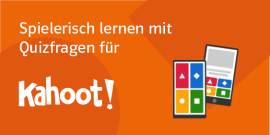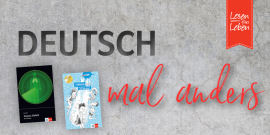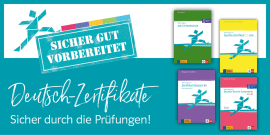
Vocabulary – more than just a list of words?
Teaching tip
Learning vocabulary can be more fun than just grinding through lists of words – find out how …
For many teachers, teaching vocabulary can be one of the most enjoyable aspects of their lessons – it’s clear, it’s measurable, and there are plenty of games that make it fun. Network Now also has plenty of practical ways to help students develop their own skills to successfully learn vocabulary and with fun – just have a look at the latest Network Now Companions. Read on and try our extra activity on vocabulary below.
Let’s look at some Network Now ideas to help your students learn vocabulary by the examples in the Network Now A1 Starter Companion, Unit 3. At the end of Unit 3, the whole Topic is Vocabulary (see pages 26 and 27). There are plenty of good ideas for students to learn independently but to also have some fun in the meantime. There are some At home tips: for example, students use some Post-it notes around the house to remind them of vocabulary. And there are Out and about suggestions: for example, when students go shopping they should notice how many English words are used in German. And finally there are some With friends suggestions: sending emails to other course participants with little puzzles or word games. The second Topic page offers Word spiders, to encourage students to create word fields for particular themes such as Families, Sports and Colours.
Independent learning is also encouraged in other parts of all the Units in the Network Now A1 Starter Companion. Let’s look again at Unit 3: On page 21 you can see underneath Phrases to learn, a section entitled Words I want to remember, which encourages students to personalise the selection of important words. On page 23 a Phrases to learn box has items which have been identified as useful for students to learn. This same section, Phrases to learn, also occurs on page 25 – here students are asked to translate from German into English which helps them to understand the phrases. Earlier in the Unit, on page 22, there is the word group exercise 1b Write the words from exercise 1a in the right box where students are asked to sort the list of vocabulary items from the previous exercise under appropriate headings. This encourages students to work on the definitions and concepts of the vocabulary which helps with language learning. And on page 24 there is the collocation exercise 1a, sorting sports under I go or I play.
You will find the same useful approach to vocabulary in the other Network Now Companions: A1 Companion, already available, A2.1 Companion to be published in April and A2.2 Companion to be published in May 2015.
One of the key principles for learning is recycling. Looking at new vocabulary at the end of each lesson can help to retain it and this is reinforced if you look again a week later, two weeks later and at the end of the semester – recalling the words from earlier lessons is really valuable.
So whether it’s learning in the classroom, or learning at home, students get a lot of extra help and support from Network Now to help them become successful learners who want to (and know how to) learn their vocabulary. - Make use of all this for the benefit of your learners and why not use our extra activity below …
Extra activity
Four-legged verb spiders (level A1 upwards, 15+ mins)
- Write these verbs on the board (make sure you leave plenty of space between each word): eat, play, drink, visit, read, clean, write.
- Draw 4 ‘legs’ coming from each word.
- Tell students to copy each word and its four ‘legs’ on a piece of paper.
- Tell students to write four nouns or short phrases (one on each ‘leg’) which can be used with each verb.
- Do an example verb together: eat – a pizza, an apple, chocolate, fish and chips.
- Give students 5 minutes to write as many words as possible (don’t worry if not everyone has finished.)
- Check together in class. If you would like to extend the activity, students can ask each other questions. For example: Do you eat chocolate? or Have you ever visited a castle?
Example answers:
play a game, football, tennis, the guitar
drink a cup of tea, a cup of coffee, beer, apple juice
visit a castle, a museum, a town, a church
read a book, a newspaper, a menu, a magazine
clean the rooms, the kitchen, the toilet, the bath
write a letter, a postcard, a note, a list




















